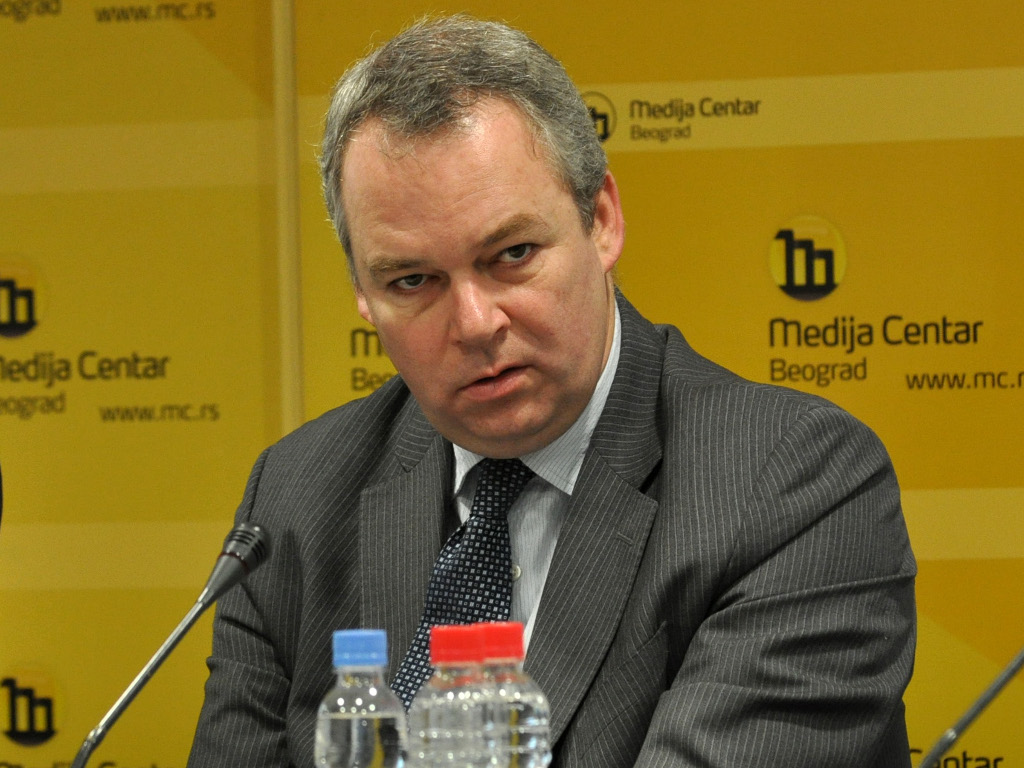VERHEIJEN: EPS a “startling example”, people paying for the lack of reforms
 Tuesday, 05.07.2016.
Tuesday, 05.07.2016.
 14:56
14:56

He wrote in his blog that EPS had the highest salaries in Serbia, and that its services were barely mediocre, that it wasn't capable of putting a stop to theft of electricity, which, according to their estimates, amounts to 0.2% of the value of GDP, and that they also refused to use inexpensive aid by bilateral donors to invest in renewable energy sources.
Verheijen pointed out that those items were part of the reform of EPS and that those who didn't wish for the changes to take place were only directing the attention of the public to the question of 1,000 layoffs.
By doing so, certain facts are being overlooked, says Verheijen and adds that the initial consequence will be the fact that nothing will change, and the financial consolidation plan adopted by the Government of Serbia in June 2015 says that the cost of this would accumulate to two billion euros before 2019. - This exceeds the current debt of Srbijagas – Verheijen pointed out.
Electricity prices in the region are dropping, which means that, based on the World Bank's analyses, the situation will get worse, which is why it's even more important to do something. - If no measures are taken, EPS will ask for help – money – from the state, which will ultimately be paid for by tax payers – he wrote.
Another issue, as he said, was preventing EPS from falling off the cliff and undoing everything that has been accomplished in the process of financial consolidation.
- There are three important items there: the price, the employee expenses and the investments. Other issues, like closing down five unnecessary facilities, internal restructuring, better public procurement system, reducing transfer expenses and electricity theft, are also important because they improve the balance between the income and the expenses. But the large issues which determine whether EPS will be the iceberg which will sink the Titanic are the first three – Verheijen wrote.
 Svetska Banka-WB Beograd
Svetska Banka-WB Beograd
 Elektroprivreda Srbije ad Beograd
Elektroprivreda Srbije ad Beograd
 Vlada Republike Srbije
Vlada Republike Srbije
 JP Srbijagas Novi Sad
JP Srbijagas Novi Sad


 Izdanje Srbija
Izdanje Srbija Serbische Ausgabe
Serbische Ausgabe Izdanje BiH
Izdanje BiH Izdanje Crna Gora
Izdanje Crna Gora


 News
News






